OMG you guys HTML tags! I just discovered the coolest thing EVER! It’s like unlocking a secret code to building amazing websites and I’m bursting to share it all with you! Think of it as digital LEGOs – but way cooler.
Let’s dive headfirst into this whirlwind of web wizardry!

The Building Blocks: Essential HTML Tags for Structure
Seriously these are the fundamental ingredients you NEED to bake a beautiful website.
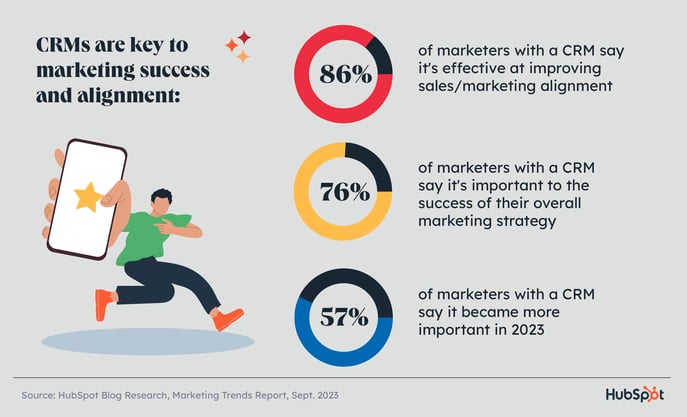
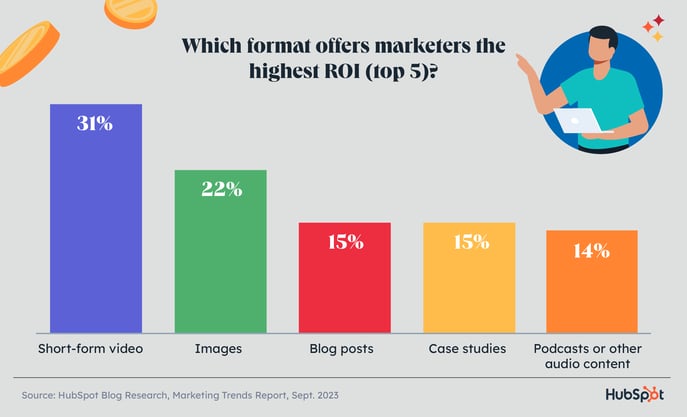
We’re talking the foundation the skeleton – the stuff that holds everything together.
Without these your website’s a wobbly pile of digital mush.
No joke!
We’re going to get granular here people! Buckle up!
First off we have the <html> tag – the granddaddy of them all! Think of it as the entire blueprint for your website.
It’s the biggest container wrapping everything else up nice and tidy.

Inside that behemoth we find the <head> – this section is like the backstage area where all the invisible magic happens.
Ready to level up your web dev game? 🚀 This post is 🔥, but you NEED to see the resources I’ve linked to REALLY understand HTML. Click here to unlock the secrets! Become a coding ninja! 🧙♂️
Think page titles meta descriptions (those snippets you see in Google searches – super important!) character sets (telling the browser what language you’re using – crucial!) and linking to external stylesheets (that’s where the actual visual style comes from – CSS we’ll talk about that another time!). Then comes the <body> – This is where the action is! The stuff the users actually see: text images videos – all the fun bits! It’s like the stage where the show happens.

Ready to level up your web dev game? 🚀 This post is 🔥, but you NEED to see the resources I’ve linked to REALLY understand HTML. Click here to unlock the secrets! Become a coding ninja! 🧙♂️
Without these three your website would be a confused headless chicken! Just…don’t do it.
Trust me.
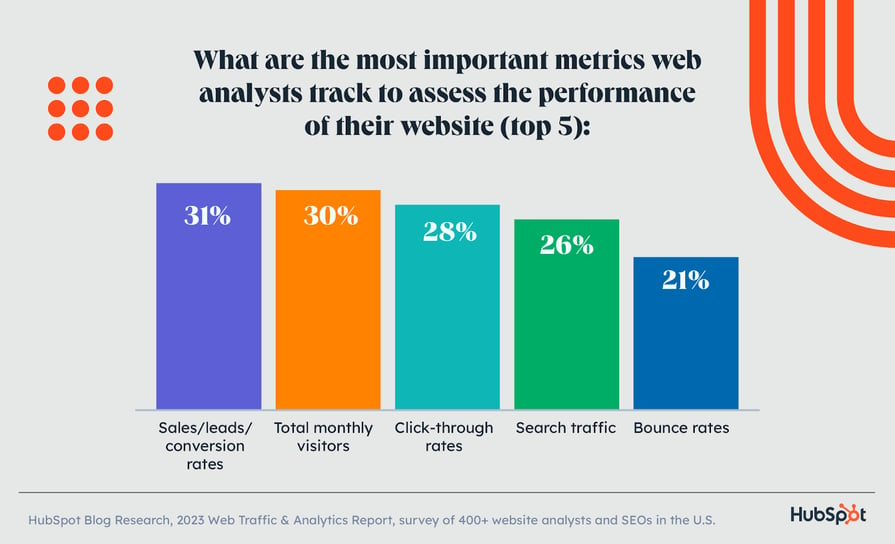
Then there’s the <div> and <span>! These are like the ultimate organizational tools. div (short for ‘division’) creates blocks of content. You can style these however you want using CSS creating columns rows and sections within your page. Think of it as putting your LEGOs into different boxes. Each box can contain different sets of bricks (content). Super useful for organizing your page! <span> is all about styling parts within a block of text. Want to make just one word bold? <span> is your friend. Think it’s just for tiny things? Think again! It’s super versatile. If you aren’t utilizing divs and spans correctly I’m telling you you’re missing out on so much potential!
Beyond the Basics: Diving Deeper into Structural Tags
Let’s talk about <header> <nav> <main> <aside> <article> <footer>. These aren’t just random words; these are semantic tags! They give meaning to the content which is crucial for both search engines and accessibility.
Imagine a website that has no clear sections – just a huge wall of text.
Horrible! These tags help structure your content logically and improve how search engines crawl and understand your site and they make your website easier for everyone to use.
The <header> tag is where you put your logo navigation and other introductory elements.

The <nav> tag is for your navigation menu – the pathways to different sections of your website.
The <main> tag contains the main content – the heart of your page.
The <aside> tag holds supplementary information like sidebars or related articles.
The <article> tag represents a self-contained piece of content like a blog post or news article.
Check our top articles on HTML-Tags: Eine umfassende Liste mit den wichtigsten Tags
And finally the <footer> tag contains copyright information contact details and other ending elements.
Seriously these tags are semantic gold!

The Text Twisters: Styling Text with HTML
Now we get into the fun stuff – making your text look amazing! Think bold headings italicized words and eye-catching emphasis.
This is where HTML’s superpowers really shine.

We have <h1> to <h6> for headings – they’re not just for show! They establish a hierarchy telling search engines (and readers!) what’s most important on the page.
Use them wisely! And don’t forget about the paragraph tag <p> it’s the workhorse of web text the ever reliable paragraph maker.
But wait there’s more! <br> for line breaks <hr> for horizontal rules to separate sections – these seemingly small tags make a HUGE difference in readability and visual appeal.
Beyond Bold and Italics: Advanced Text Formatting
But we’re not just limited to bold (<b> or <strong>) and italic (<i> or <em>). There’s a whole world of text-styling possibilities! Want to use a <pre> tag to display preformatted text like code preserving all the whitespace and line breaks? Want to use <q> for short quotations or <blockquote> for longer block quotes? Want to create lists using <ul> (unordered lists) <ol> (ordered lists) or <dl> (description lists)? You can even do subscript and superscript using <sub> and <sup>! Remember that you can nest HTML tags within each other.
Using those nested tags will allow for better organization and more intricate stylings of your text elements.
This is where the magic truly happens.
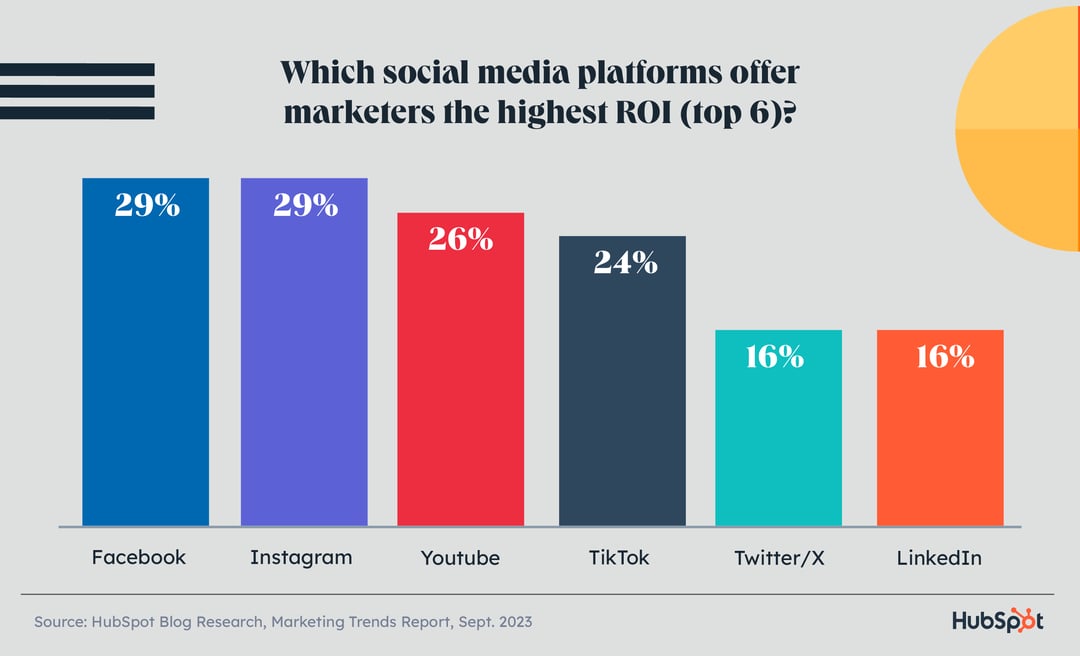
Tables and Lists: Organizing Your Content
text is cool but sometimes you need to organize your content in a structured way – enter tables and lists!

Tables (<table> <tr> <td> <th>) are essential for presenting data in a clear concise way.
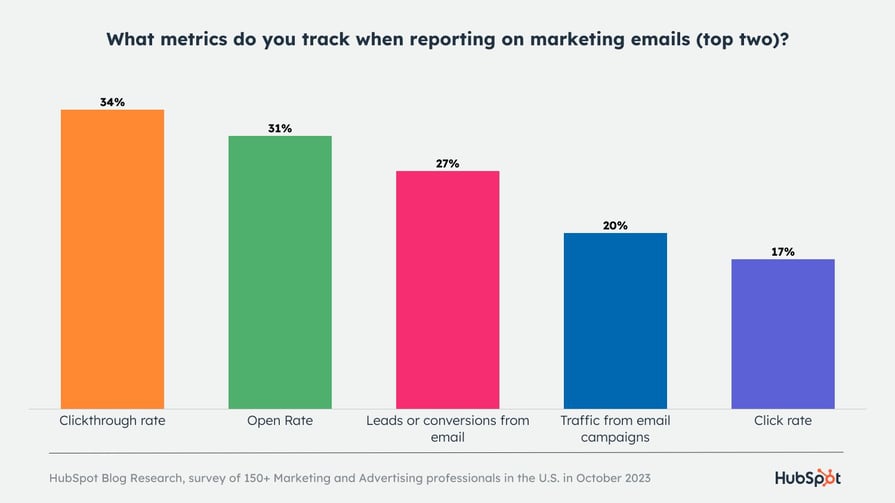

They are highly functional allowing you to organize information in rows and columns.
They can even be styled with CSS to add a visual appeal.
This allows readers to easily scan and understand the data presented.
This is quite essential.
Lists are equally important! We’ve already mentioned <ul> (unordered lists – bullet points!) and <ol> (ordered lists – numbered lists!) but there’s also <dl> (description lists) which is perfect for defining terms or creating glossary entries.
These are your digital filing cabinets and you will need them frequently!
Mastering Tables and Lists for Maximum Impact
Mastering the art of table creation involves more than simply placing data in cells.
Understanding how to use colspan and rowspan attributes to merge cells correctly structuring nested tables and utilizing appropriate table captioning are key to making your tables both accessible and user-friendly.
Similarly using lists effectively involves understanding when each list type is most appropriate structuring nested lists for complex hierarchies and implementing CSS styling to create visually appealing and easy-to-read lists.

Images and Multimedia: Adding Pizzazz
Let’s face it text alone can be a bit boring.

That’s where images videos and other multimedia come into play! You can use the <img> tag to embed images on your page ensuring you use descriptive alt attributes (essential for accessibility and SEO!). Videos are a great way to engage your audience.
Using the correct embed codes from the video hosting platform is key here.

For audio use the <audio> tag.

Each of these elements greatly enhance the interactive experience on the website.
Ready to level up your web dev game? 🚀 This post is 🔥, but you NEED to see the resources I’ve linked to REALLY understand HTML. Click here to unlock the secrets! Become a coding ninja! 🧙♂️
Beyond the Basics: Interactive Multimedia and Responsiveness
This isn’t just about sticking images and videos onto a page – we’re talking about creating an immersive experience! Consider using responsive design techniques to ensure your multimedia content adapts beautifully to different screen sizes. Think about user experience (UX) – how do you want your users to interact with the multimedia? Do you want them to be able to pause rewind or control the volume? Remember the goal is to create an engaging and user-friendly experience – to keep your viewers captivated.
The Future is Now: Custom HTML Tags and the Ever-Evolving Web
Woah there’s even MORE! You can actually create your OWN custom HTML tags using techniques like custom elements and web components.
This lets you build reusable components and expand HTML’s capabilities.

You can create your own set of reusable web components using standards such as web components (Custom Elements Shadow DOM and HTML Templates) to build more complex and sophisticated web applications enhancing your site’s functionality and user experience.
This is advanced stuff but seriously awesome.
This is all just a sliver of the awesome world of HTML.
There is so much more to learn and explore.
The web is constantly evolving so keep learning keep experimenting and keep building amazing things! Happy coding!

